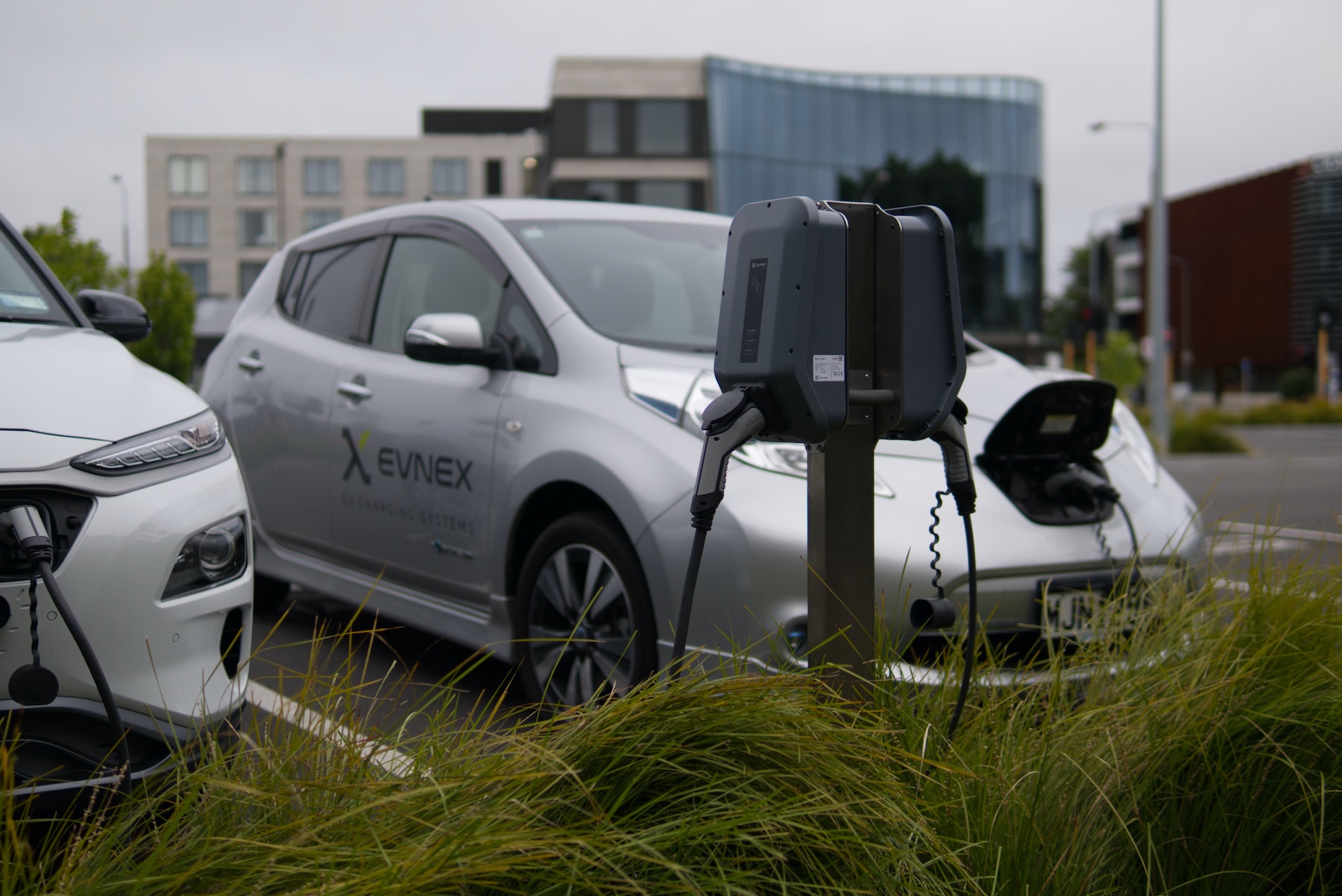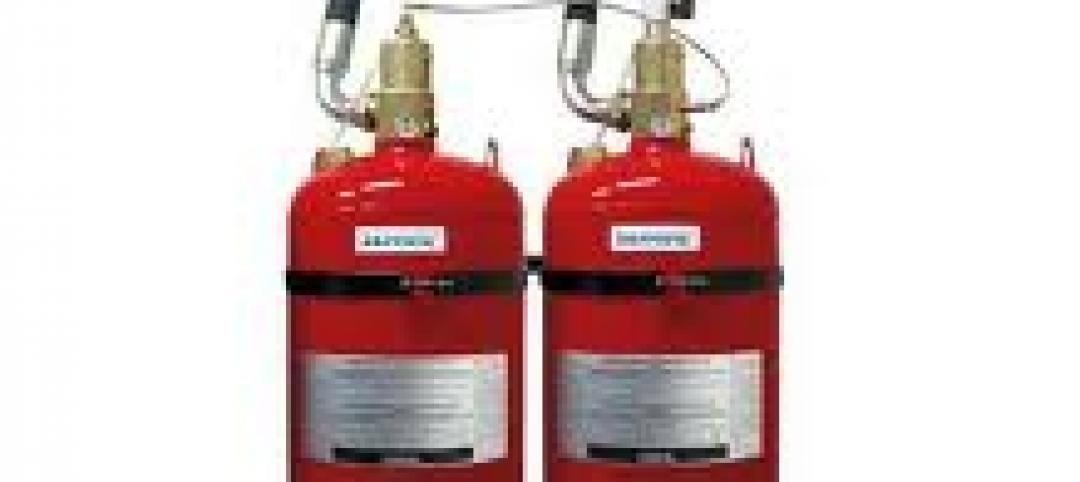California’s recently announced ban on the sale of new gas-powered vehicles starting in 2035—and New York’s recent decision to follow suit—are putting pressure on multifamily property owners to install charging stations for tenants.
Owners have numerous business models and potential partners that offer multiple types of incentives, making the formation of a strategy a complex undertaking. They must consider the costs for chargers and the potential need to install additional electrical capacity costing up to six figures per apartment building.
One option is to outsource chargers to third-party vendors, but vendors may be cool to the idea because of the current lack of a critical mass of users. Even if this option is available to them, owners could still be on the hook for installing electric infrastructure to support charging stations.
Some programs have been created to address that need. Southern California Edison, for example, earmarked $436 million to install 35,000 charge ports. The program focused on disadvantaged communities with 30% of funds dedicated for multifamily homes.
While that program has proven to be popular, attracting twice as many applicants as it can serve, the utility expects to run out of these funds by the end of the year. It’s important that landlords find solutions to the charger challenge soon, with demand from renters predicted to grow significantly in coming years as declining sticker prices of some EV models make them more attractive to a wider swath of the population.
Related Stories
| May 10, 2012
Chapter 6 Energy Codes + Reconstructed Buildings: 2012 and Beyond
Our experts analyze the next generation of energy and green building codes and how they impact reconstruction.
| May 10, 2012
Resilience should be considered a sustainability factor
Since a sustainable building is one you don't have to rebuild, some building sustainability experts believe adding points for "resilience" to storms and earthquakes to the LEED sustainability rating tool makes sense.
| May 10, 2012
University of Michigan research project pushes envelope on green design
A research project underway at the University of Michigan will test the potential of intelligent building envelopes that are capable of monitoring weather, daylight, and occupant use to manage heating, cooling, and lighting.
| May 10, 2012
Fire suppression agents go greener
Environmental sensitivity is helping to drive adoption of new fire suppression agents.
| May 10, 2012
Industry groups urge Congress to leave contracting decisions to agencies
An organization of several industry groups urged Congress to leave many contracting decisions to the discretion of individual agencies by avoiding blanket mandates.
| May 10, 2012
OSHA proposes new rule to have employers find and fix hazards
The Occupational Safety and Health Administration has proposed a new regulation, Injury and Illness Prevention Program, or I2P2, which would compel employers to find and fix safety hazards.
| May 3, 2012
Stay current on green codes at AGC Environmental Conference
Keep abreast of market trends such as 2012 changes to green standards and codes at the AGC Contractors Environmental Conference, June 7-8, 2012 in Arlington, Va.
| May 3, 2012
OSHA reduces fines in Cincinnati casino collapse
The Occupational Safety and Health Administration has reduced the number of violations from four to two against four firms it cited earlier this month in the collapse of a casino under construction in Cincinnati.
| May 3, 2012
New York City implements controversial crane licensing requirements
New York City officials announced strict new licensing and testing requirements for all crane operators in New York City to raise safety standards.
















